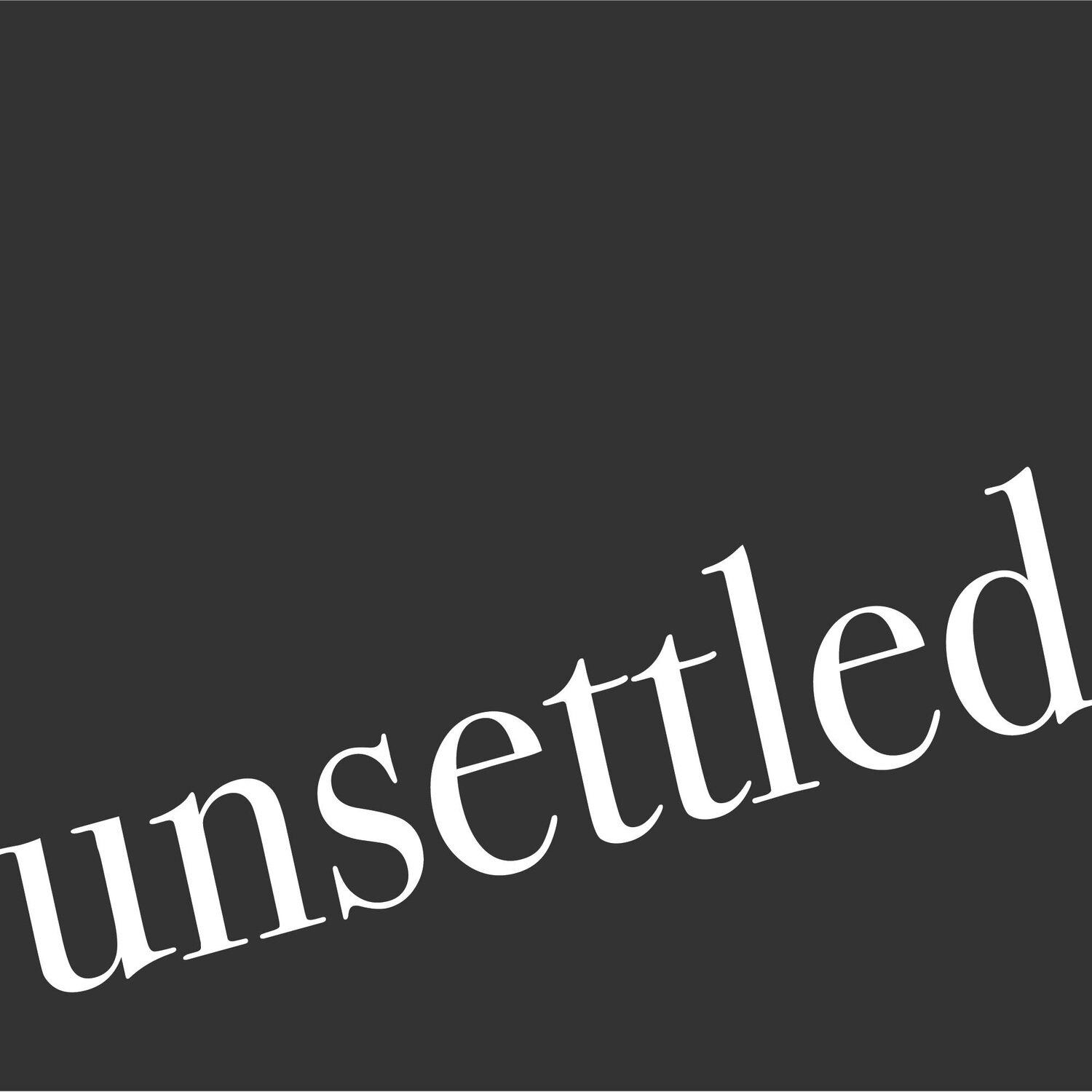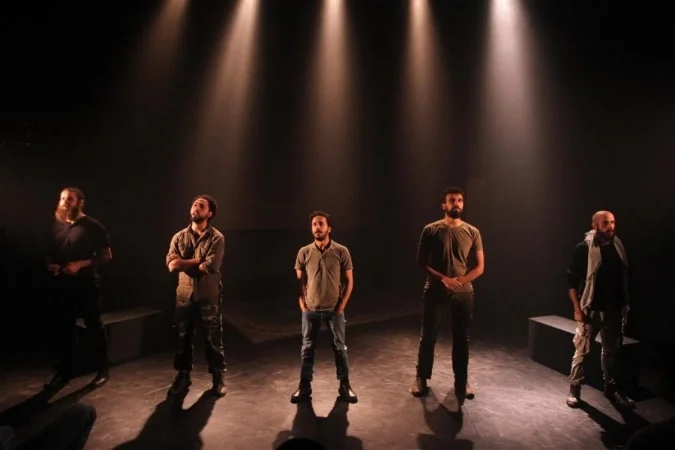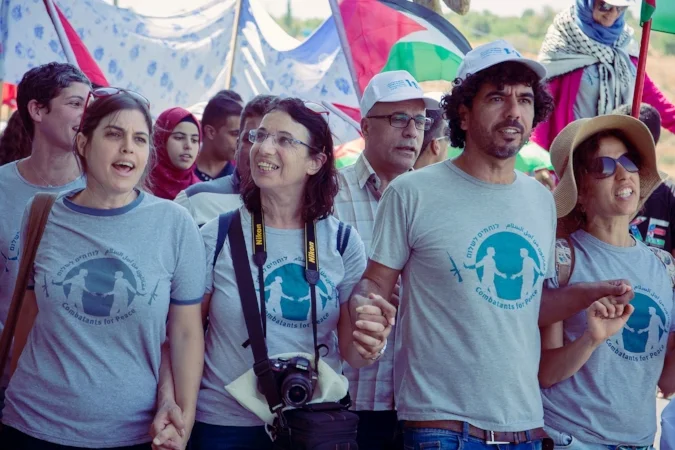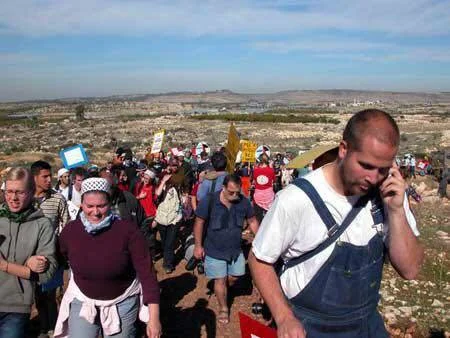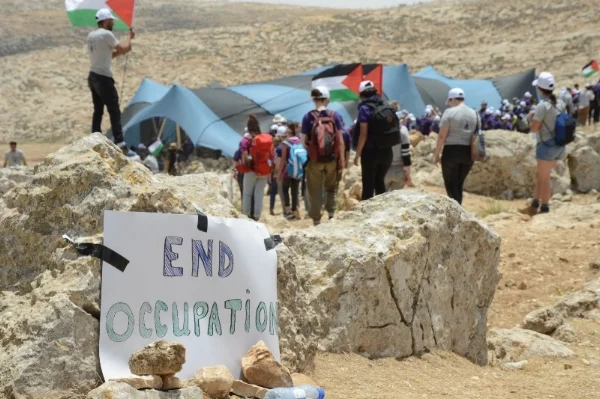This is the fifth installment of a special miniseries responding to the U.S. President's decision on December 6 to recognize Jerusalem as the capital of Israel.
For this episode, Unsettled producer Ilana Levinson spoke to Rabbi Steven Wernick, CEO of the United Synagogue of Conservative Judaism, which serves and represents Conservative congregations across North America. On December 8, USCJ put out a statement applauding the United States’ recognition of Jerusalem.
